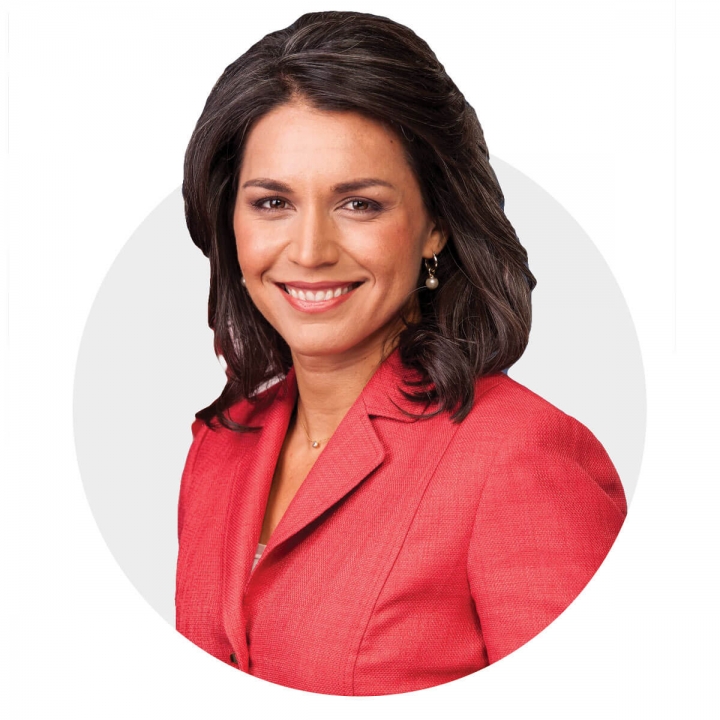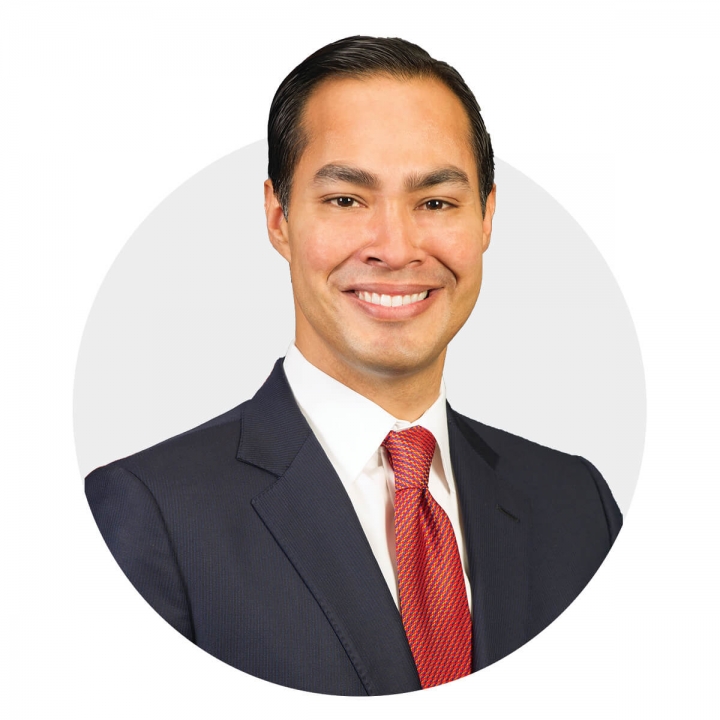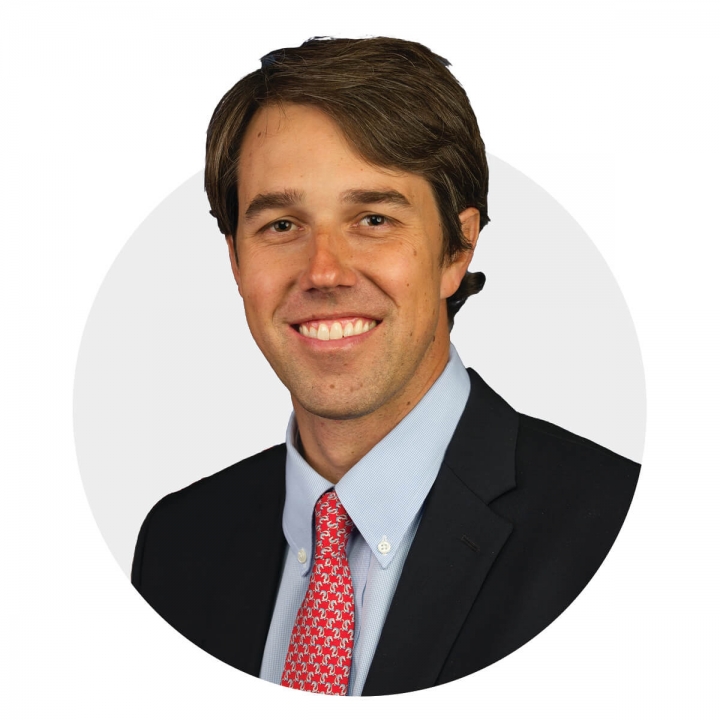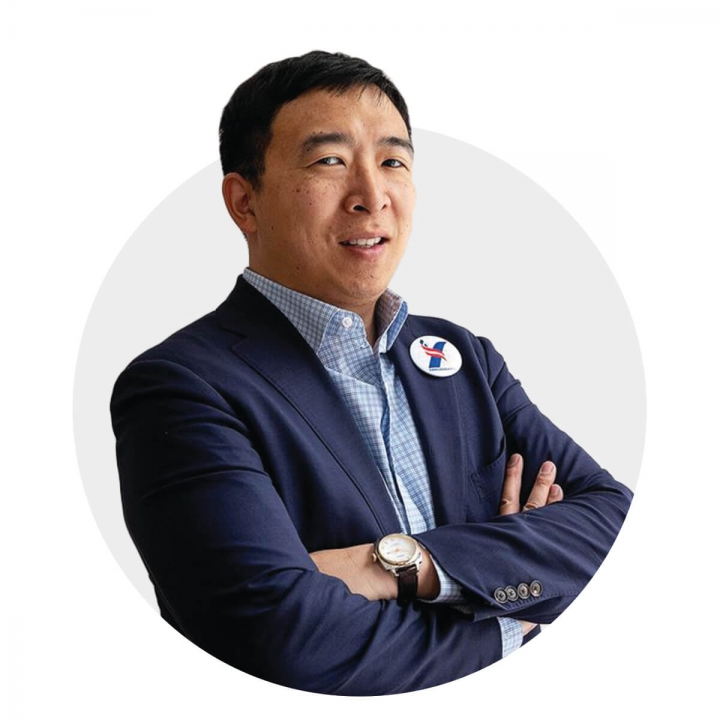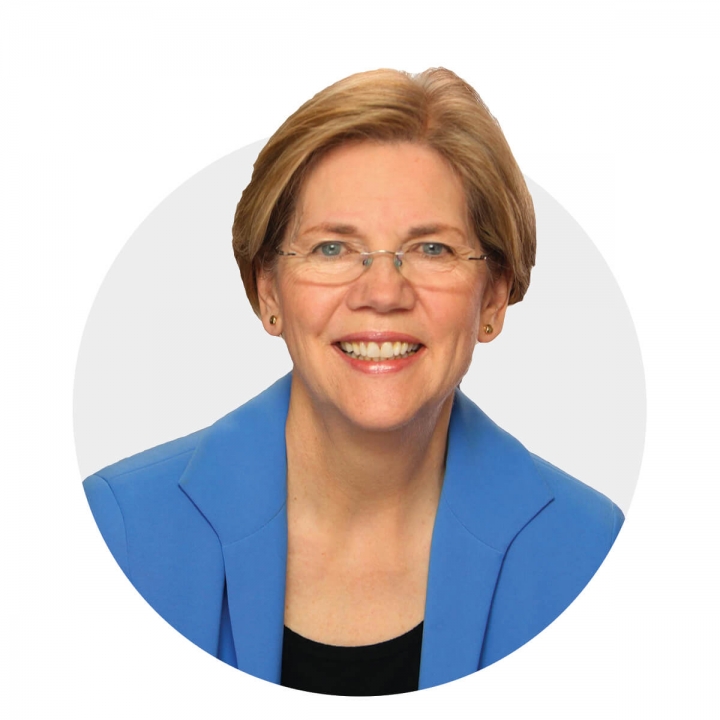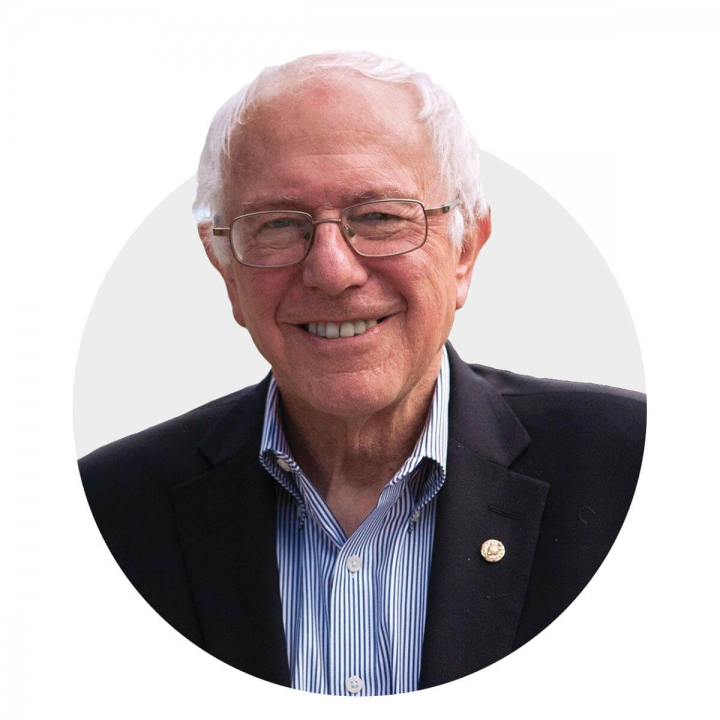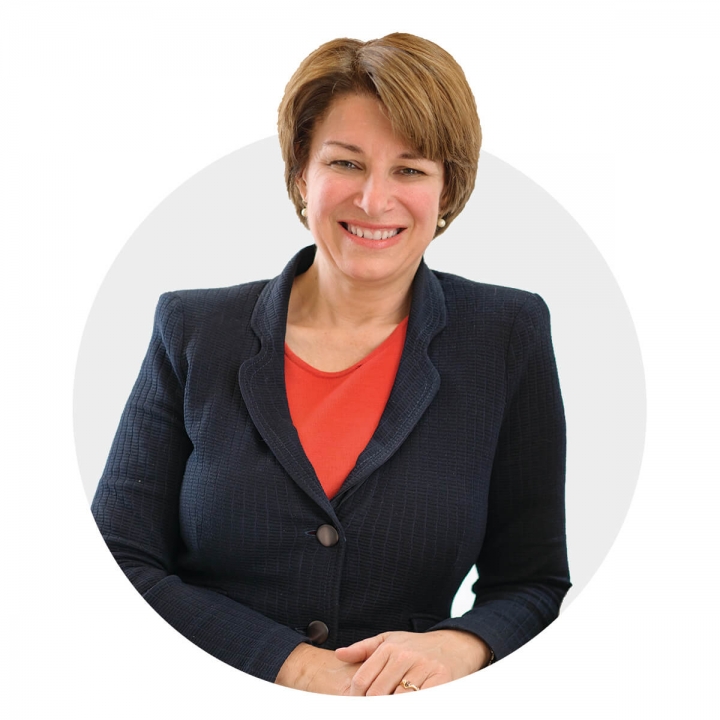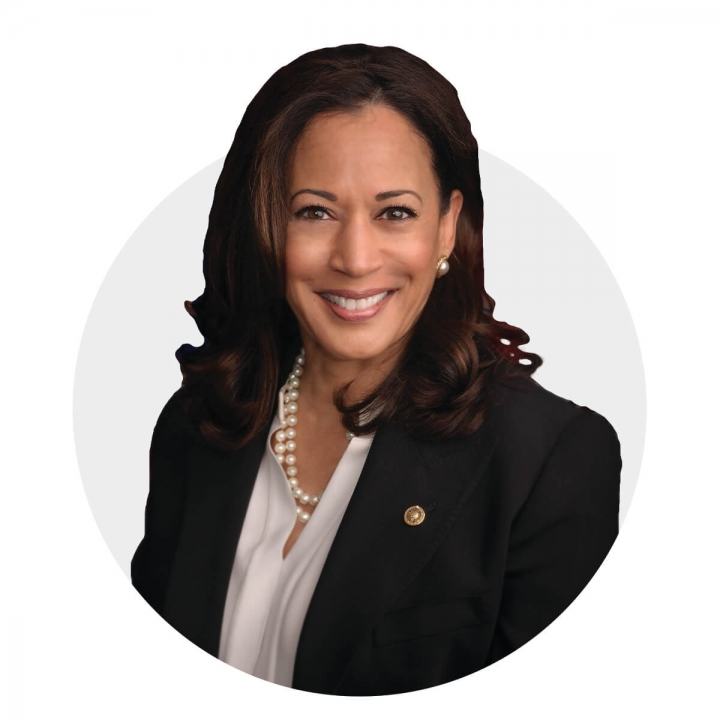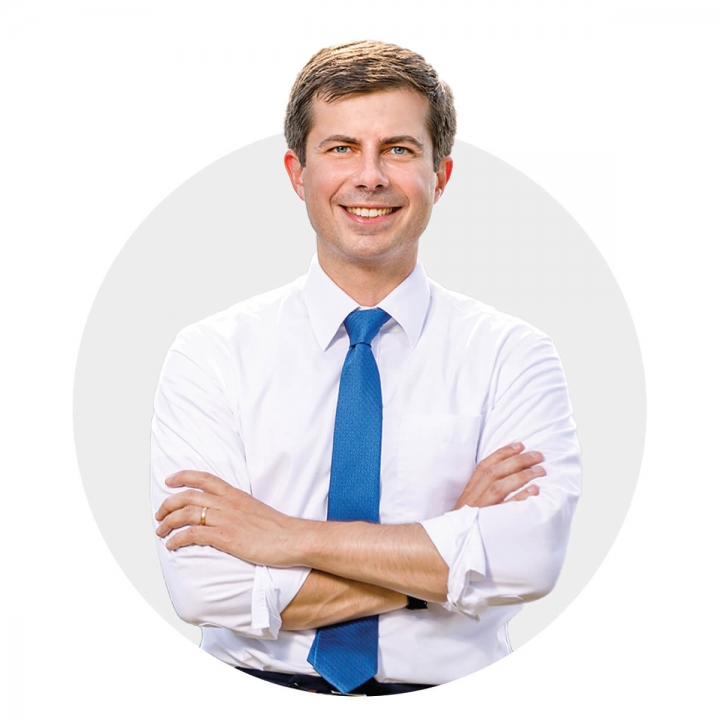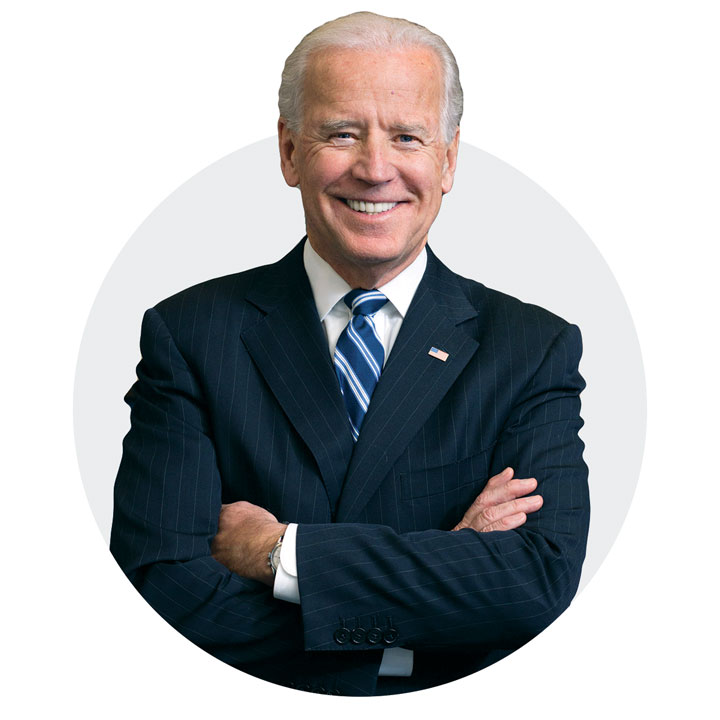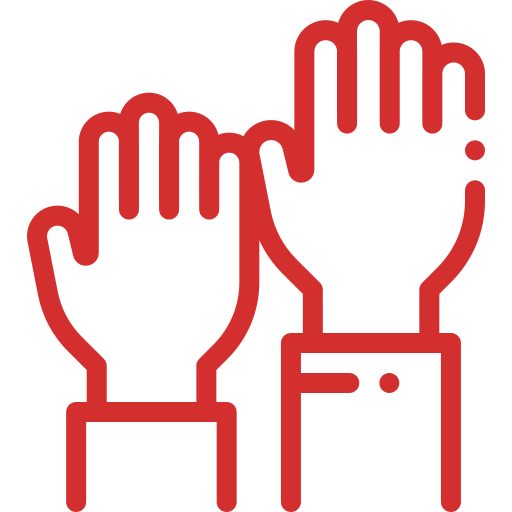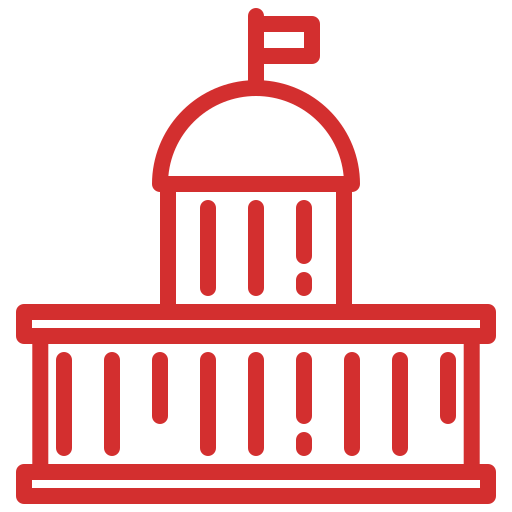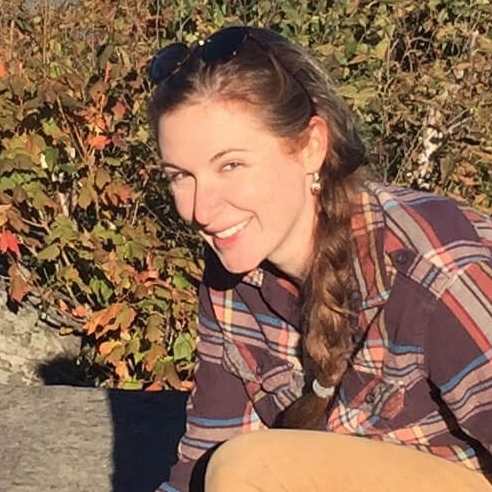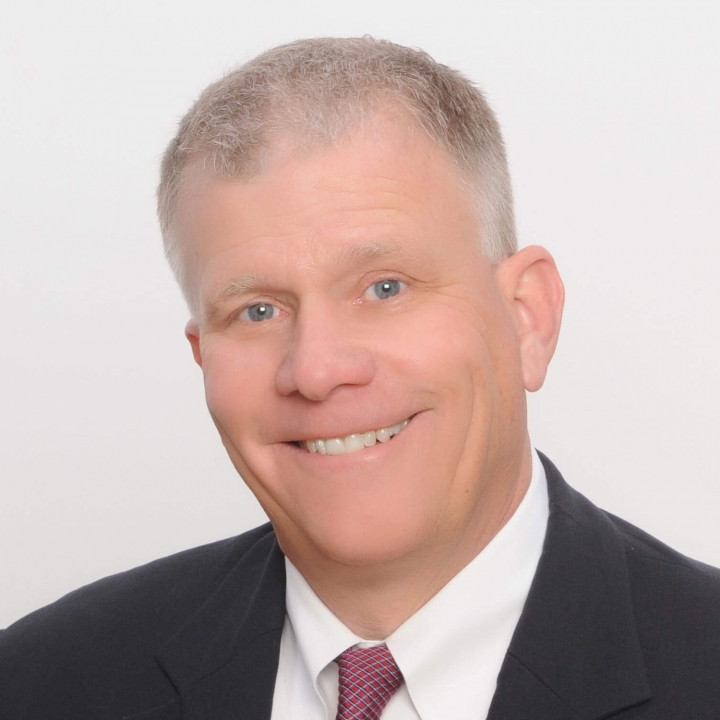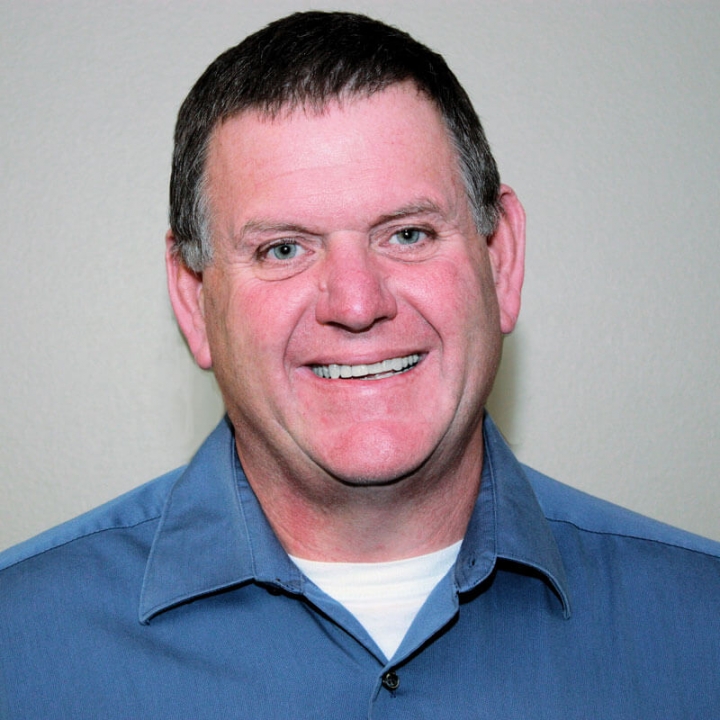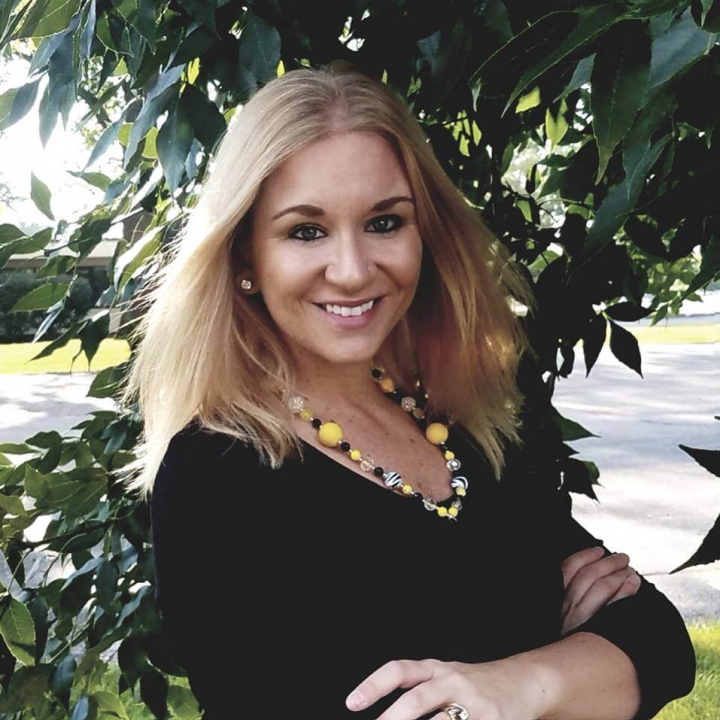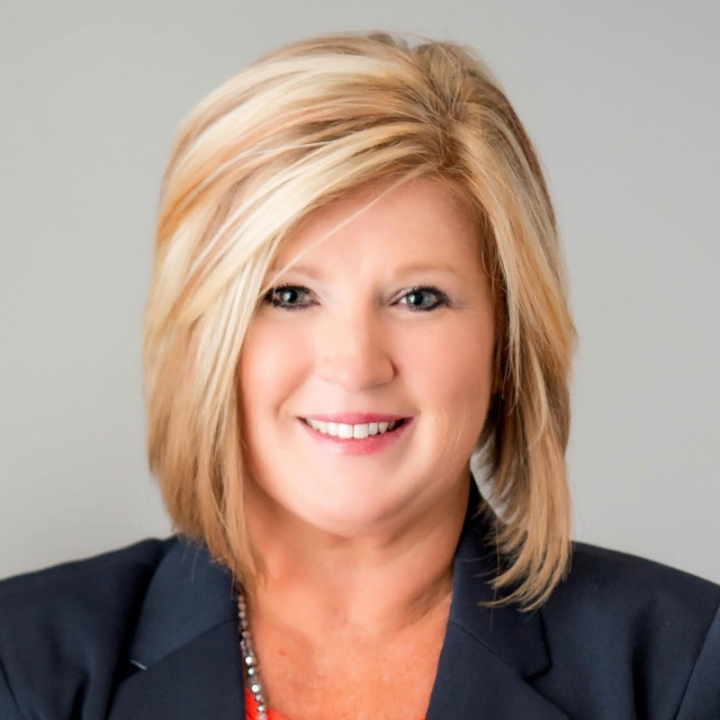Naloxone Access
Naloxone (brand name Narcan) is an opioid antagonist that, when administered, acts to block the brain’s opioid receptors. This means that in the event of an overdose, naloxone can be administered in order to reverse the effects of the toxic opioid, and thus bringing the overdosing individual back to life.
Naloxone is a medication that is often referred to as, “safer than tylenol,” “a magic bullet,” and “one of the safest, least misused, drugs available.” Despites its power and efficacy, naloxone remains difficult to access in many states.
A number of studies have found that naloxone can be safely and effectively distributed to and used by lay persons (i.e. people who use drugs), but stigma prevails, and many states do not have programs that make naloxone readily available via community-based organizations that, especially those that actively engage people who use drugs. There are many solutions that the federal government may enact in order to expand the availability of naloxone to people who use drugs around the U.S. including acknowledging that the most effective naloxone distribution programs are, in fact, community-based organizations made up of and working with people who use drugs.
READ MORE
Tulsi Gabbard on Naloxone Access
Gabbard has not issued specific statements to this issue.
Julián Castro on Naloxone Access
Castro has not issued specific statements to this issue
Beto O’Rourke on Naloxone Access
O'Rourke supports the expansion of access to naloxone by creating funding opportunities in development with people who have lived experience.
O'Rourke believes that naloxone should be accessible to first responders, law enforcement, and public spaces. He cites the Denver Public Library System, which saved 14 lives in 2017 because narcan was readily available and public employees had been trained on administration.
Read More
Beto O’Rourke on the Record about Mental Health and Addiction
Mental Health for US
Watch: Beto talks naloxone at the Iowa Harm Reduction Coalition
Beto’s Plan to Address Substance Use Disorders and the Opioid Epidemic
Medium | October 24, 2019 | Beto O’Rourke
Andrew Yang on Naloxone Access
Yang has not issued specific statements to this issue.
Elizabeth Warren on Naloxone Access
Warren says that her proposed Comprehensive Addiction Resources Emergency (CARE) Act would provide $500 million per year to expand access to overdose reversal drugs (Naloxone) and provide this life-saving medicine to states for distribution to first responders, public health departments, and the public.
Read More
Warren, Cummings, and More than 95 Colleagues in Senate and House Reintroduce Comprehensive CARE Act to Combat the Opioid and Substance Use Epidemic
Warren senate website, May 8, 2019 | Press Release
Bernie Sanders on Naloxone
Sanders signed onto a 2017 letter to President Trump, asking him to follow the recommendations of his Commission on Combating Drug Addiction and the Opioid Crisis and allow the government to negotiate lower prices for naloxone. I22 One of the signers to a 2018 letter to the HHS director asking for immediate action to reduce the price of naloxone.
Sanders co-sponsored the 2016 CARA bill, which in part, aims to increase the availability of naloxone.
Sanders would ensure that first responders carry naloxone to prevent overdoses.
From the 2018 letter to the HHS director, sent by 17 senators: “No police officer, no firefighter, no public health provider, and no person should be unable to save a life because of the high price. By bringing down the cost, we can get this life-saving drug in the hands of more people as called for by the Surgeon General. Doing so will save countless lives.”
Read More
Klobuchar, Smith, Senators Call on Administration to Take Immediate Action to Reduce Price of Naloxone, a Life-Saving Opioid Overdose Reversal Drug
Klobuchar Senate Website, April 30, 2018
Blumenthal, Murphy Call on President To Allow Government to Negotiate Lower Prices for Naloxone, a Life-Saving Opioid Overdose Reversal Drug
Office of Senator Richard Blumenthal, October 25, 2017
Justice and Safety for All
Bernie Sanders campaign website, 2019
Amy Klobuchar on Naloxone
Klobuchar signed onto 2017 letter to President Trump, asking him to follow the recommendations of his Commission on Combating Drug Addiction and the Opioid Crisis and allow the government to negotiate lower prices for naloxone.
In December, 2018, Minnesota Senators Amy Klobuchar and Tina Smith sent a letter to the U.S. Department of Human Services asking them to take action to reduce the price of naloxone. 15 additional senators signed on.
“Of course this drug saves lives. We all know that. What they are forgetting to say is how they are making a ton of money over how they classified this product. They basically found a loophole and exploited it and that is just what happened with EpiPen. So it is our job to close the loophole.”
Minnesota Senators push to lower cost of Naloxone to help fight opioid epidemic
Klobuchar.senate.gov, December 7, 2018 | Leah Mclean
From the 2018 letter to the HHS director, sent by 17 senators: “No police officer, no firefighter, no public health provider, and no person should be unable to save a life because of the high price,” the lawmakers wrote.“By bringing down the cost, we can get this life-saving drug in the hands of more people as called for by the Surgeon General. Doing so will save countless lives.”
Klobuchar, Smith, Senators Call on Administration to Take Immediate Action to Reduce Price of Naloxone, a Life-Saving Opioid Overdose Reversal Drug
Klobuchar Senate Website, April 30, 2018
Read More
Blumenthal, Murphy Call on President To Allow Government to Negotiate Lower Prices for Naloxone, a Life-Saving Opioid Overdose Reversal Drug
Office of Senator Richard Blumenthal, October 25, 2017
Klobuchar, Smith, Senators Call on Administration to Take Immediate Action to Reduce Price of Naloxone, a Life-Saving Opioid Overdose Reversal Drug
Klobuchar Senate Website, April 30, 2018
Kamala Harris on Naloxone
Harris signed onto a 2017 letter to President Trump, asking him to follow the recommendations of his Commission on Combating Drug Addiction and the Opioid Crisis and allow the government to negotiate lower prices for naloxone.
In the July 2019 Democratic debate, Senator Harris stated that an anti-overdose syringe costs $4,000, out of the reach of many Americans who struggle with opioid addiction: “In America today… for those people who have overdosed from an opioid, there is a syringe that costs $4,000 that will save their life... It is immoral. It is untenable... and it must change with Medicare for all.” New York Times later published a fact-checking report of the debate, saying, “A product called Evzio, an auto-injector that contains the anti-overdose medicine naloxone, does cost about $4,000 for a two-dose kit. But at the end of last year, the manufacturer, Kaléo, said it would soon release a cheaper generic alternative that will cost $178. In addition, the price of a different, syringe form version of naloxone currently retails for about $80.”
“We must take action to increase access to get a wide range of services in our communities, including naloxone to prevent overdoses and other treatments to help people in the many stages of their recovery. I am a cosponsor of the Comprehensive Addiction Resources Emergency (CARE) Act which would provide state and local governments with $100 billion in federal funding over the next ten years to deploy those kinds of resources. “
Kamala Harris Clarifies Her HIV Policy Positions
HIV+Magazine, September 9, 2019 | Jacob Anderson-Minshall
From a 2018 letter to United States Secretary of Health and Human Services Alex Azar, sent by 17 senators: “No police officer, no firefighter, no public health provider, and no person should be unable to save a life because of the high price,” the lawmakers wrote.“By bringing down the cost, we can get this life-saving drug in the hands of more people as called for by the Surgeon General. Doing so will save countless lives.”
Klobuchar, Smith, Senators Call on Administration to Take Immediate Action to Reduce Price of Naloxone, a Life-Saving Opioid Overdose Reversal Drug
Klobuchar Senate Website, April 30, 2018
Read More
Blumenthal, Murphy Call on President To Allow Government to Negotiate Lower Prices for Naloxone, a Life-Saving Opioid Overdose Reversal Drug
Office of Senator Richard Blumenthal, October 25, 2017
Klobuchar, Smith, Senators Call on Administration to Take Immediate Action to Reduce Price of Naloxone, a Life-Saving Opioid Overdose Reversal Drug
Klobuchar Senate Website, April 30, 2018
Debate Fact Check: What Were They Talking About, and What Was True?
The New York Times, July 31, 2019
Pete Buttigieg on Naloxone
Buttigieg plans to expand access to naloxone, but his plan does not recognize the overwhelming current reality of naloxone access in the U.S.: All evidence suggests that naloxone is only successful when put into the hands of people who use drugs - paramedics, bystanders, and first responders reverse only a small fraction of overdoses. While some states currently use federal funding to purchase naloxone, many states have restricted this naloxone purchased with federal funds. In short, the funding rarely makes its way to communities where it is needed.
“Expand take-home naloxone programs to all 50 states by 2024 and advance the implementation of harm reduction services to reduce overdose deaths and the spread of infectious diseases related to needle sharing. Harm reduction programs are a critical part of any effective response to the opioid and injection drug use crisis. They minimize the negative impact of drug use without encouraging it, while reducing other side effects of drug use. In particular, this means access to syringe service programs for people who inject drugs, that link them to treatment, and provides access to sterile syringes. These programs help prevent transmission of HIV, viral hepatitis, and other infectious diseases associated with needle sharing, and reduce overdoses by deploying medication such as naloxone that help reverse the effects of opioids.”
“To expand harm reduction services, we will Make naloxone, a drug that can be administered by any individual, broadly available in order to reverse overdoses. This includes expanding federal support for the purchase of naloxone by state and local health departments, assuring it is widely available in public spaces and workplaces in a similar way (and in conjunction with) first aid kits and Automated External Defibrillators (AEDs), and encouraging co-prescribing of naloxone with opioids, either by individual physicians or direct dispensing by pharmacists.”
Joe Biden on Naloxone Access
Biden has not issued specific statements to this issue.

